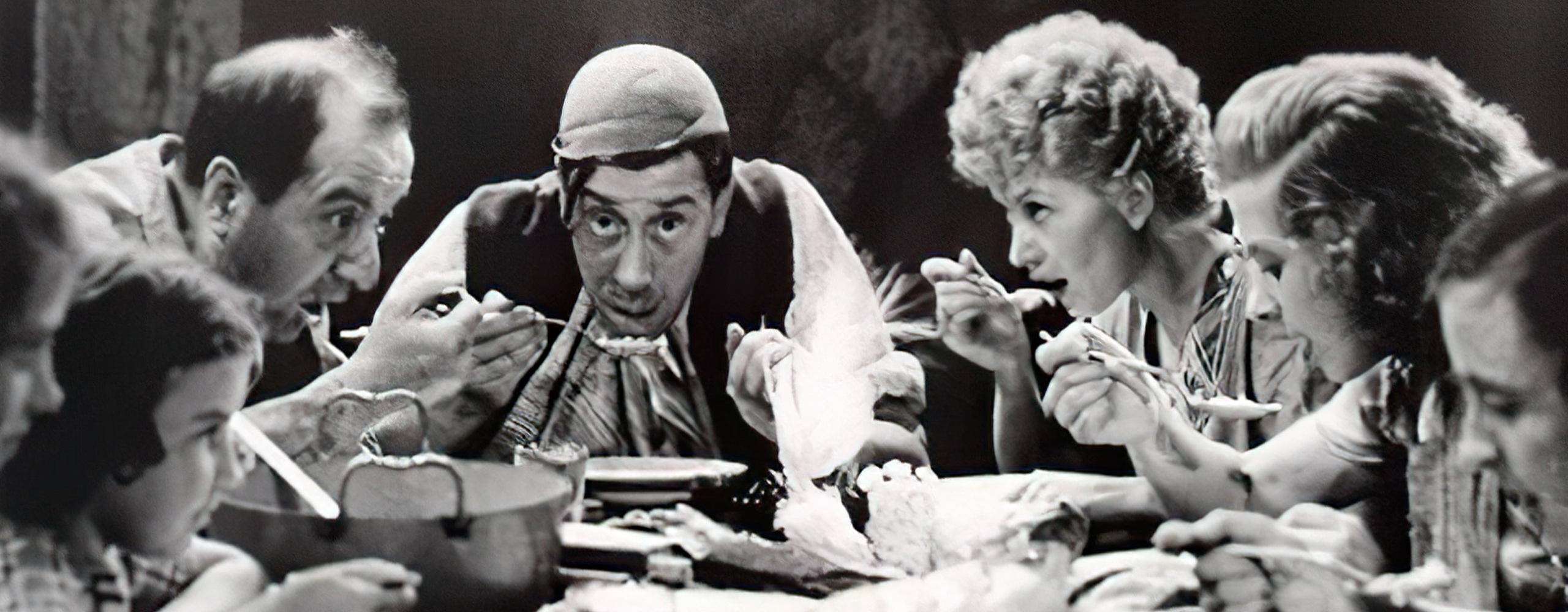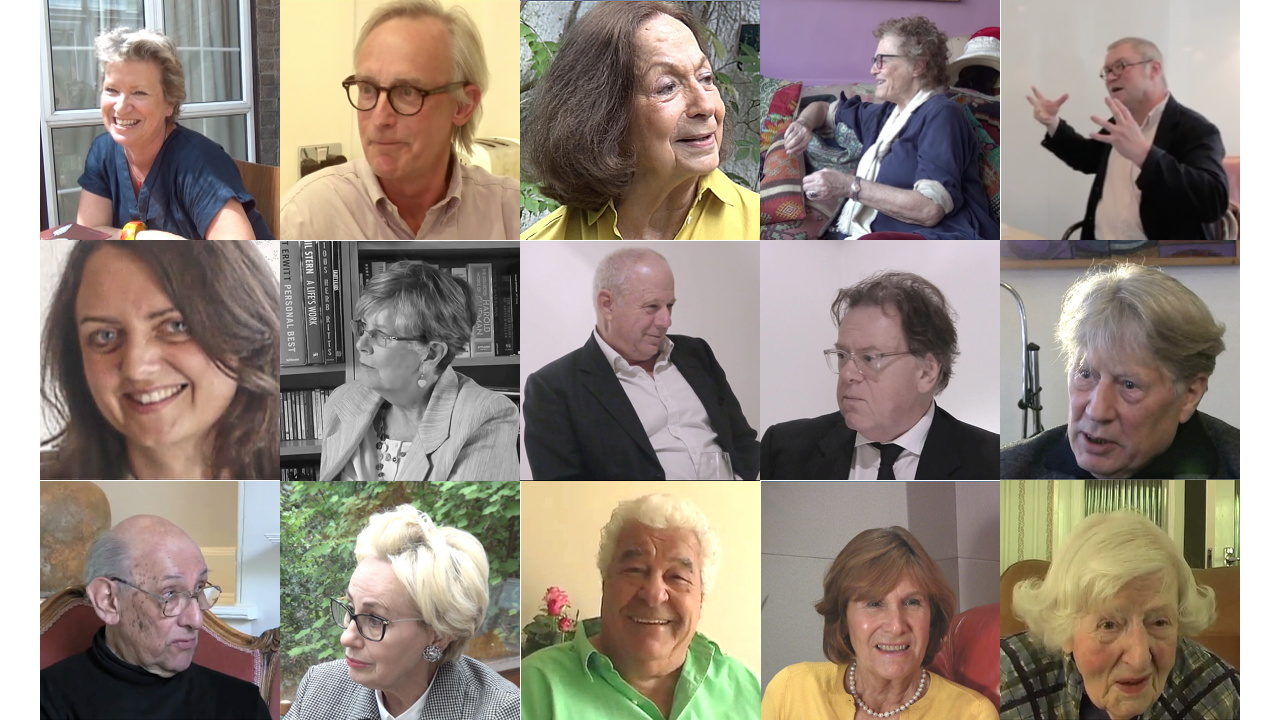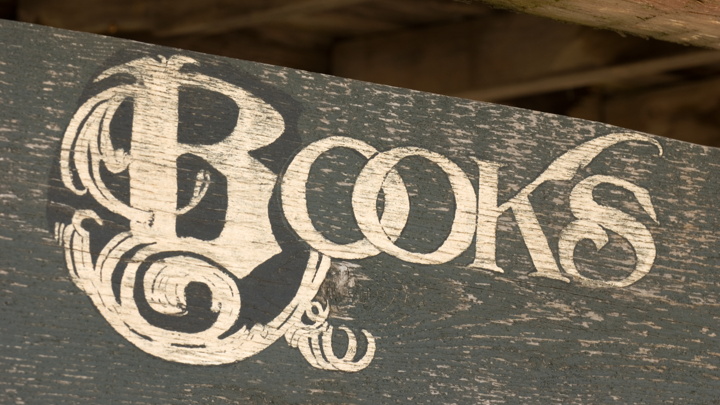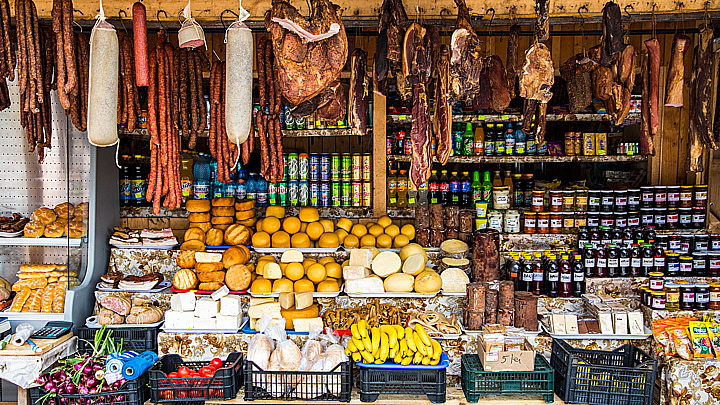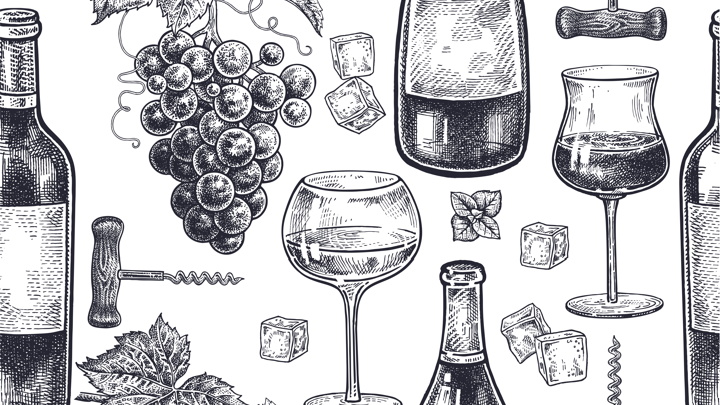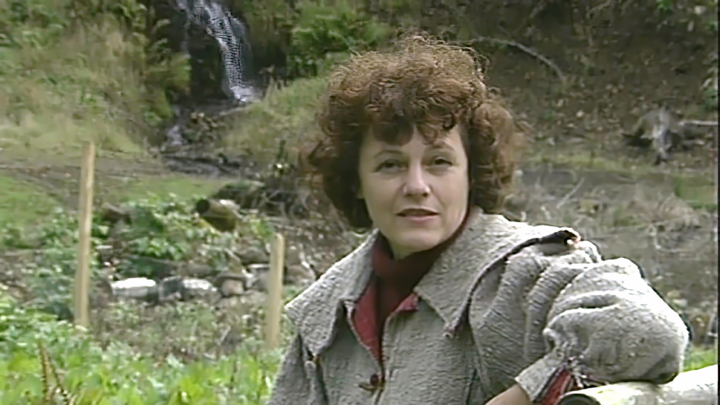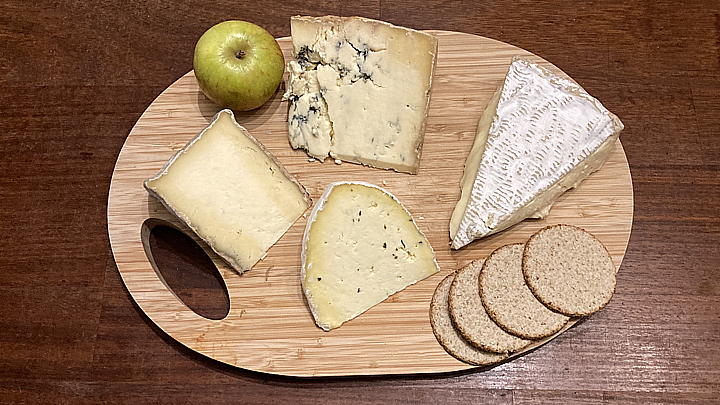About Talking of Food
Talking of Food is a magazine website set up by a group of people who love not only food but also the diversity of its culture. It is not bound by ideology or momentary fads but has an open mind towards opposing views. Its contributors are often experts in their field and discuss wide ranging subjects such as antibiotics in the food-chain, the opposing arguments on GM food or the future of food. On a lighter note see how they make noodles in China or follow Elisabeth Luard's classic series on European Peasant Cookery.
A Landlady’s Diary - Part 8
Business isn't brisk for our Landlady, Zara G, so she has time to expand on an episode from her childhood.
For some reason I have not had too many bookings for language students; must be the global financial set backs that most people are experiencing and therefore not travelling to one of the most expensive of cities, London. Of course the small percentage of the very wealthy are totally untouched, judging by the designer bag-laden vertiginous ladies tottering in Knightsbridge.
This quiet period is, therefore, a good time to reflect on previous diary entries and experiences that I have alluded to that need to be shared… like the vermicelli comment in one of my earlier entries. It was to do with my late mother’s resourcefulness and her ingenuity. I seem to recall that I have already mentioned that my mother had a wonderful pantry in the house that she had helped the architect, appointed by my parents, design.
People would travel from far and wide in Pakistan (by people I generally mean the relations) to taste “Soraya’s Biryani”. Guests were due to arrive for lunch with no notice at all. It was never a case of just say a couple; it would be dozens of children, maids and the whole entourage. On one occasion, to my mother’s horror she found that the sack of basmati rice in her pantry was totally depleted and had not been replaced. No doubt the cook’s assistant was reprimanded for this almost blasphemous act of negligence. She was stuck and had no idea how she would produce the expected biryani. She remembered that on her last visit to her mother-in-law’s house in a small village near Sialkot, she had come back with a large bag of hand made miniscule pasta. Sialkot, by the way, is known for producing cricket bats for a cricket-loving nation, myself included.
I have to tell you how this pasta is made, because as a little girl I had witnessed it; the women in the village would get together in my grandmother’s courtyard and roll tiny pieces of dough. By tiny I mean TINY, no longer than a grain of rice. They would take a long string of this rolled dough, pinch it and then knock it whilst holding it on their knee. A bit of the required size would drop in the utensil placed strategically below the knee. These would then be placed on a freshly laundered piece of muslin to dry in the sun. Watching this display of dexterity, patience, and sheer hard work must have triggered my love for fabrics. Not just any fabric, I absolutely love muslin and have found ingenious uses for it over the years. More of that later.
Anyway, all was taken under control and she prepared a delicious mutton biryani using the pasta as a substitute for basmati rice and no one knew the difference. She was very chuffed and walked around for the rest of the day very pleased with a smile on her face. My mother’s way of showing love and getting love and recognition was through cooking lovingly and generously for people she loved and cared for.
Featured posts
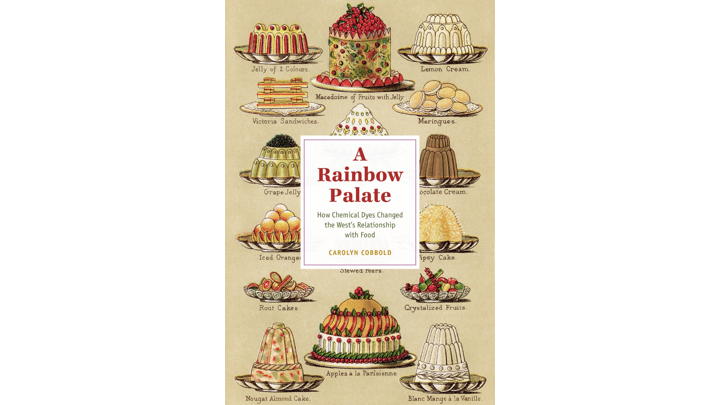
A Rainbow Palate: How Chemical Dyes Changed the West's Relationship with Food
If you opened a can of baked beans to discover a brown gloopy sauce containing brown haricot beans, rather than the orange-red sauce and beans you were expecting, what thoughts would run through your head?
Dr Carolyn Cobbold’s research interests are science and food in the nineteenth and twentieth centuries. She has recorded two extracts from her book A Rainbow Palate: How Chemical Dyes Changed the West’s Relationship with Food for Talking of Food
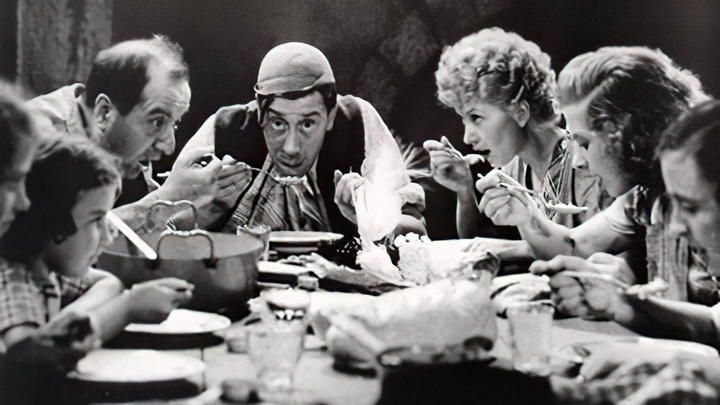
Announcement
Talking of Food has moved
Although the site has migrated to the new server, there is still work to be done and some of the content of the site will still be unavailable for a while.

Nicholas Culpeper: The Complete Herbal
Not only do many modern medicines have their origins in herbal medicine, more and more people are turning to herbal preparations—with or without also accepting modern drugs, vaccines and medications—and alternative, traditional treatments are popular. At Talking of Food we have our series on Vitamins, so we have decided to look into one of the most celebrated of herbalists, Nicholas Culpeper.

